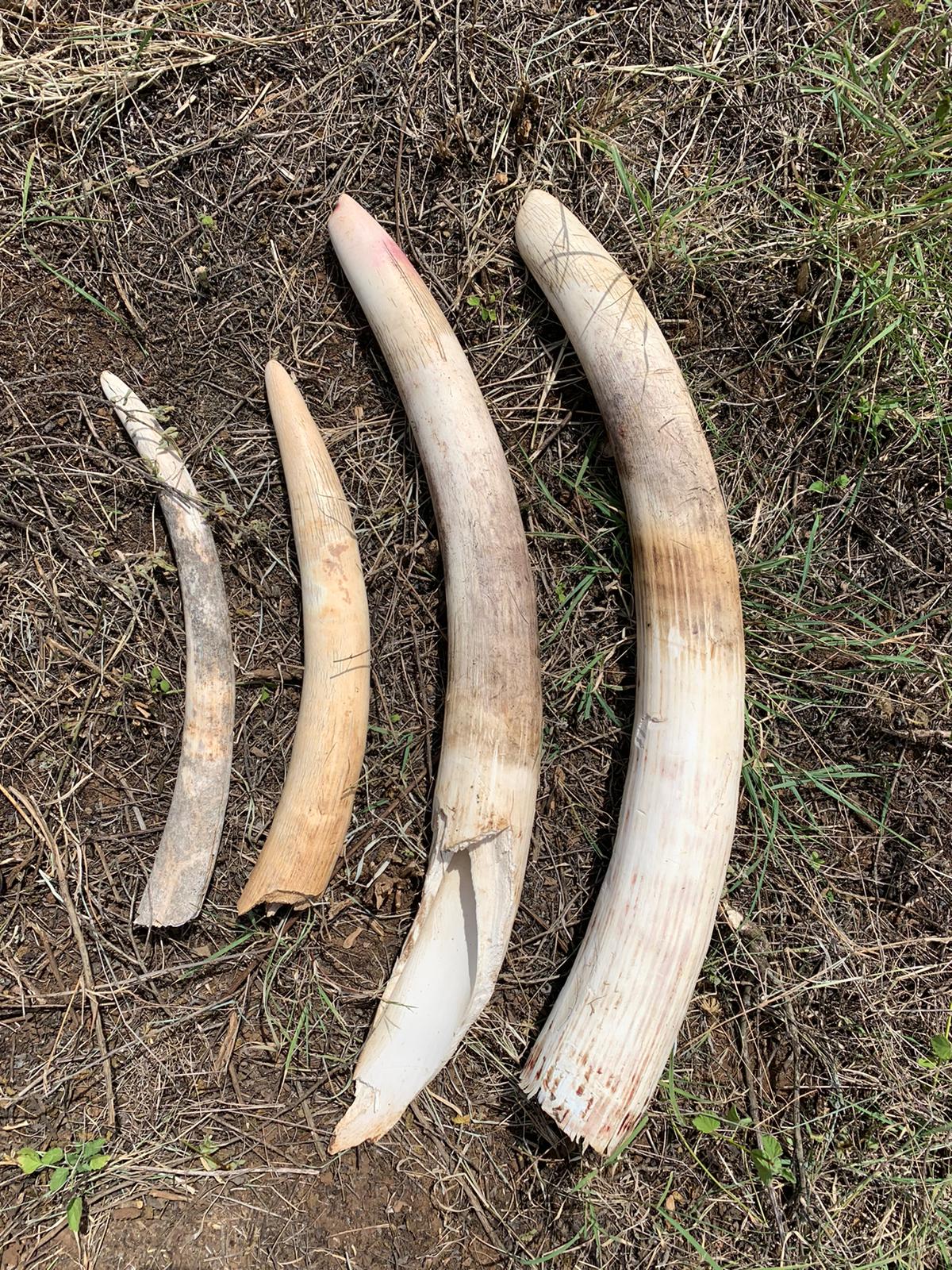Ivory smuggler faces new charges two years after arrest in Victoria Falls
The accused’s car was sold at a state auction, leading a buyer to discover unlicensed tusks inside it

Your support helps us to tell the story
From reproductive rights to climate change to Big Tech, The Independent is on the ground when the story is developing. Whether it's investigating the financials of Elon Musk's pro-Trump PAC or producing our latest documentary, 'The A Word', which shines a light on the American women fighting for reproductive rights, we know how important it is to parse out the facts from the messaging.
At such a critical moment in US history, we need reporters on the ground. Your donation allows us to keep sending journalists to speak to both sides of the story.
The Independent is trusted by Americans across the entire political spectrum. And unlike many other quality news outlets, we choose not to lock Americans out of our reporting and analysis with paywalls. We believe quality journalism should be available to everyone, paid for by those who can afford it.
Your support makes all the difference.By Nokuthaba Dlamini for Vic Falls Live
A Victoria Falls man convicted for smuggling in 2019 is back in court after three pieces of ivory were found almost two years after his initial arrest, stashed in the boot of a car he owned that was seized by the government
Stanely Takavada, 46, from Mkhosana suburb was originally arrested in June 2019 for possession of smuggled goods at a police roadblock along the Kazungula-Victoria Falls road in northern Zimbabwe.
Takavada was convicted of smuggling and the goods as well as his vehicle were seized by the State. Now, he is facing new charges of possession of ivory without a permit.
On April 5, 2022, Takavada pleaded not guilty to the charges through his lawyer Charity Mandeya of Mhaka Attorneys, who appeared before Victoria Falls resident magistrate Lindiwe Maphosa.
Prosecutor Audrey Mukanganya told the court that on June 10, 2019 at around 3PM, the accused, who was driving a Toyota Gaia, was arrested for carrying smuggled and restricted goods that he had brought into the country from Zambia through the Kazungula border post, leading to the seizure of his car.
On October 5 last year, Jephat Siziba from Beitbridge bought Takavada’s former car through a Zimbabwe Revenue Authority (ZIMRA) public auction held at the Victoria Falls border post.
Siziba could not immediately drive the car because it had flat tires and other faults. He took it to a backyard garage to have it fixed.
Mukanganya said when Siziba opened the spare wheel compartment, he discovered a white sack containing two elephant tusks wrapped with a black jacket and filed a police report on the same day.
Takavada was arrested the following day as he tried to collect the elephant tusks after a trap was laid by detectives. Siziba told the court that Takavada tried to block him from buying the car, arguing that it was still his.
“I then drove the car to Tatenda Lodge and immediately took it to a mechanic near the Vehicle Inspection Department (VID) following the accused’s promise to get me the contacts for a mechanic, which he had failed to fulfil,” Siziba said.
“I opened the boot to check if it had a spare wheel and that’s when I discovered two elephant tusks. I went back to Zimra so that they could direct me to a police station to make a report.”
Sizaba said Takavada kept calling him, saying he wanted to collect some tools that were in the car.
“Investigating officers advised me to call him after we had brought back the tusks to the car and placed them exactly where they were, and when he gave me directions of where I was supposed to pick him at some shops I went with him to the vehicle and five police officers were present.
“They wore work suits pretending to be mechanics,” he said. “Upon disembarking, he went straight to the Gaia and picked the spanners that were under the pedals and proceeded to the spare wheel compartment and took the white sack before proceeding to the front seat to collect another plastic bag that had one tusk. This led to his arrest.”
Mayeza argued that her client had nothing to do with the ivory. She said they were ready to prove in court that when her client surrendered the car in 2019, it was thoroughly searched by the police and there was no ivory.
During cross examination, Mayeza told Siziba that he was trying to frame Takavada to cover his own tracks.
However, Siziba insisted that Takavada reached for the stash without any duress, which proved that he knew the location of the tusks.
The trial was adjourned to April 7, when the police officers who arrested Takavada will give their testimony.
This article is reproduced here as part of the African Conservation Journalism Programme, funded in Angola, Botswana, Mozambique, and Zimbabwe by USAID’s VukaNow: Activity. Implemented by the international conservation organisation Space for Giants, it aims to expand the reach of conservation and environmental journalism in Africa, and bring more African voices into the international
Join our commenting forum
Join thought-provoking conversations, follow other Independent readers and see their replies
Comments